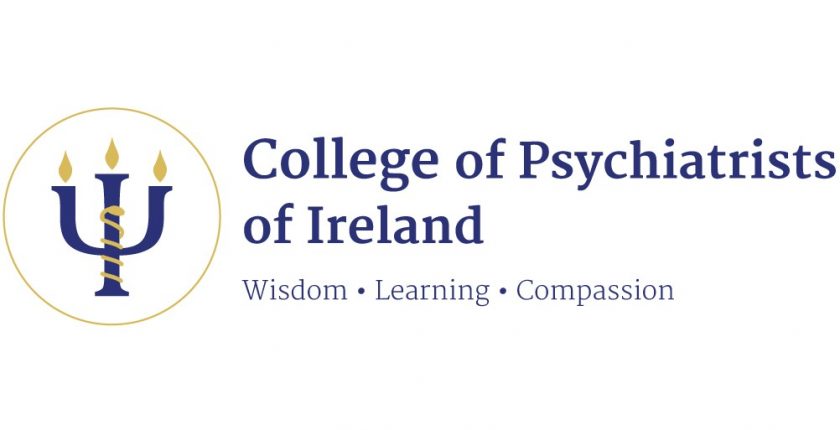Blog
Press Statement: College welcomes the launch of HSE Dual Diagnosis Model of Care
- May 25, 2023
- Posted by: Ian Rice
- Category: Blog College in the media External Affairs & Policy Media Press Statements

Evidence indicates that 30-50% of people with severe mental illness have a co-existing substance misuse problem, with a study of people attending an Irish Community Mental Health Team noting 44% report problem drug use and/or harmful alcohol use in the previous year.
Following collaboration with the HSE Dual Diagnosis National Clinical Programme, the College of Psychiatrists of Ireland welcomes the publication and roll-out of the Model of Care for People with Mental Disorder and Co-existing Substance Use Disorder. The MoC was officially launched by Junior Minister for Mental Health and Older People, Mary Butler, and Minister of State with responsibility for Public Health, Wellbeing and the National Drug Strategy, Hildegarde Naughton in Dublin on Tuesday, 23rd May 2023.
Dual Diagnosis refers to the presence of severe mental illness and co-morbid disorders due to substance misuse, including alcohol use, and/or behavioural addictions. Those with a Dual Diagnosis often represent a cohort of patients who face barriers to accessing timely and appropriate care. Clear, consistent pathways to treatment and a collaborative, multidisciplinary approach are key to these individuals progressing in their recovery and living fulfilled, quality lives.
The Model of Care (MoC) for People with Mental Disorder and Co-existing Substance Use Disorder recommends the integrated delivery of services through collaboration of various stakeholders relevant to the needs of the service user, including Community Mental Health Teams, HSE Addictions Services and voluntary agencies. The MoC sets out enhanced pathways to evidence-based, effective treatment and interventions and allows for the provision of cross-specialty integrated care for vulnerable individuals living with complex, co-morbid substance misuse and mental illness. Separate referral pathways for adults and adolescents have been proposed, to include inpatient bed access, community care and eHealth interventions, as well as a recommendation to establish a HSE National Dual Diagnosis Rehabilitation Centre in Dublin.
Reflecting the evolving prevalence and needs of individuals managing addictive behaviours, it is both encouraging and necessary that Gaming and Gambling disorders will be included in the second phase of the delivery of the MoC.
The MoC also provides for the training of staff and the involvement of patients and families in the design and evaluation of services, reflecting the need for specialised, evidence-based approaches to treatment as well as the inclusion of lived experience perspectives.
Dedicated and collaborative efforts by all involved in the development and implementation of the MoC is to be commended, with particular gratitude to Dr Narayanan Subramanian, National Clinical Lead for the Dual Diagnosis National Clinical Programme, and Dr Mike Scully, Chair of the Clinical Advisory Group.
The College extends further appreciation to Ministers Butler and Naughton, and the Department of Health for their roles in the successful launch of the Dual Diagnosis National Clinical Programme and the funding of same. It must be stressed that continued support and specifically allocated funding of the national roll-out and maintenance of the MoC are paramount in order to ensure that those who will benefit from the outlined pathways face no further barriers to care.
For more information about the HSE Model of Care for People with Mental Disorder and Co-existing Substance Use Disorder, see here.
